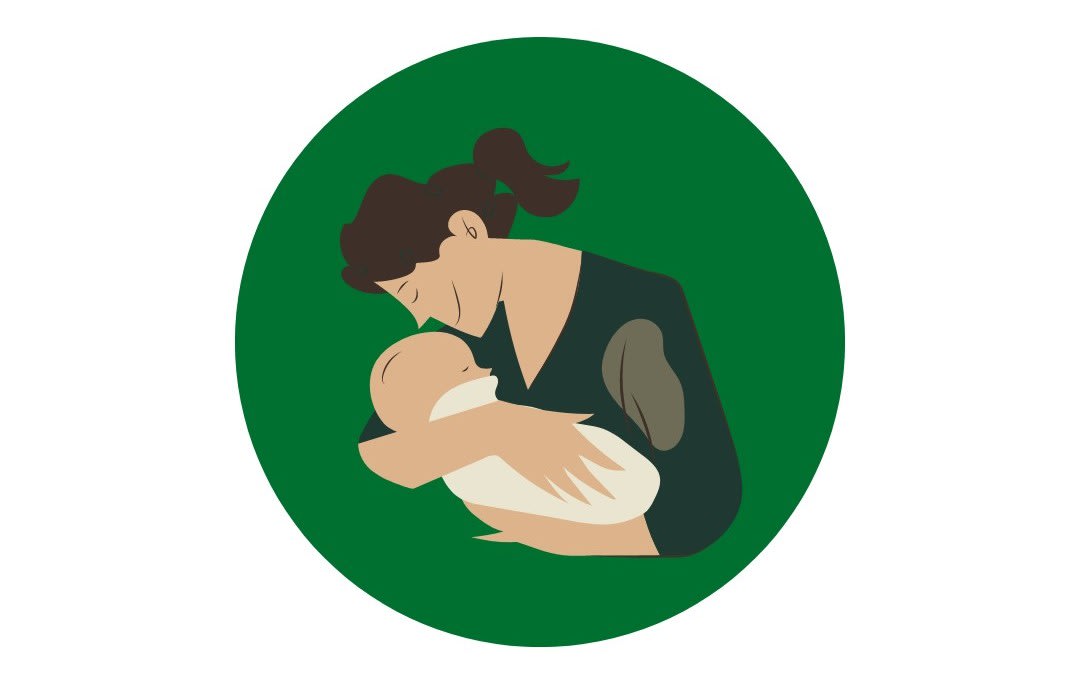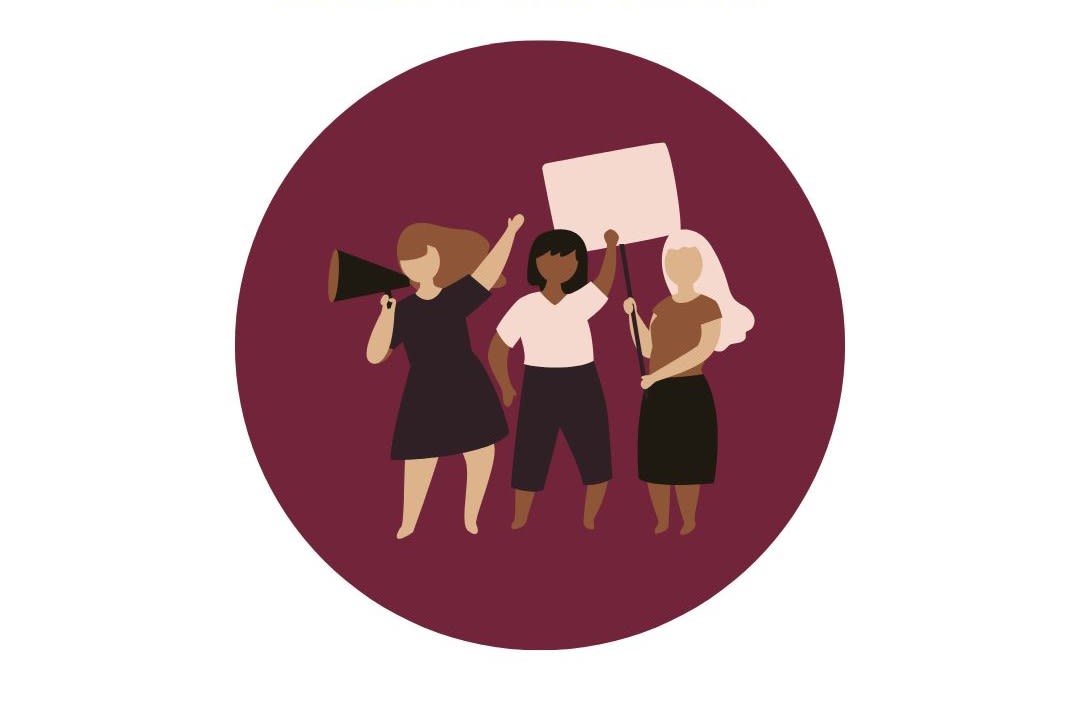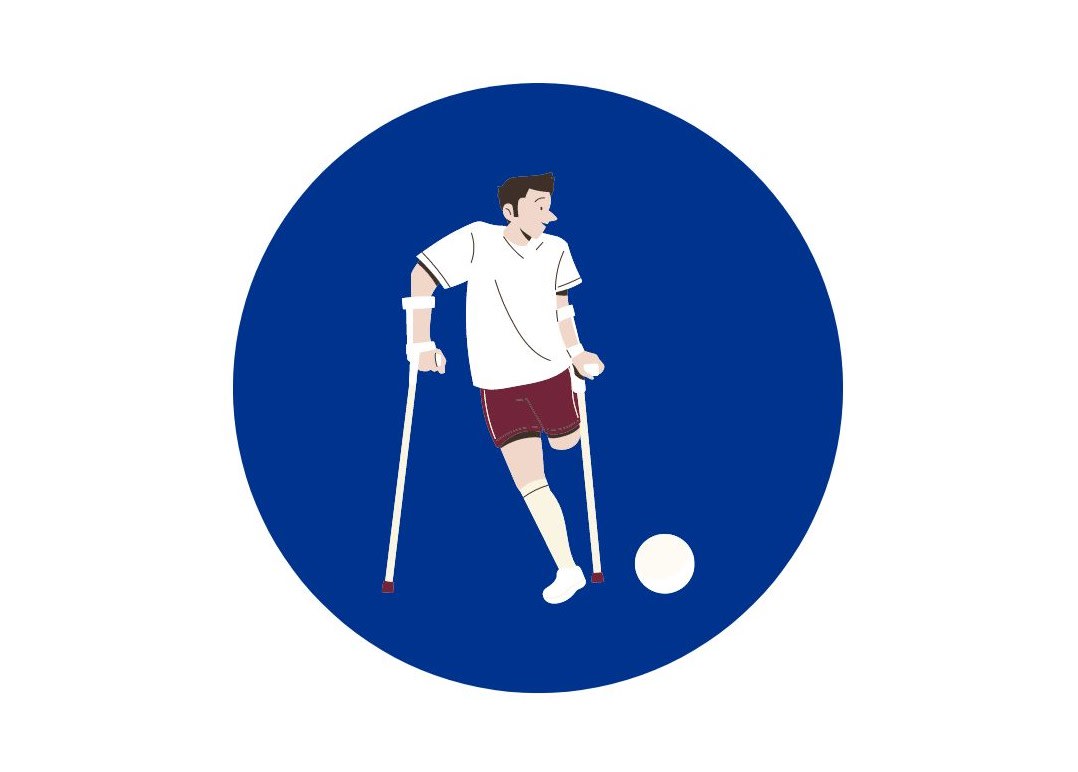One in Five
A podcast hosted by Sarah Quinto, MA and Angela Marith, MS
At least One in Five people have a disability. Health disparities for people with disabilities have a long and troubling history. In this podcast, we talk about common health disparities for people with disability, what needs to change to make healthcare more welcoming, and we explore how embracing disability strengthens our communities.
We don’t just accommodate and include people with disabilities because it helps everyone (although it does), we don’t just accommodate and include people with disabilities because it’s the right thing to do (although it is), we accommodate and include people with disabilities because people with disabilities add independent value to the collection of our global experience. Listen to One in Five podcast.

Share Your Story
The Providence One in Five Podcast is focused on shining a light on the healthcare experiences for our largest minority group: people with disabilities. We are interested in hearing from you to help Providence better understand the challenges and trends for the disability community.
One in Five Podcast Episodes






Learn more about disability research, inclusion, and health equity at Providence.
Organizations and initiatives addressing disability inclusion and health disparities:
- Docs With Disabilities Initiative
- Johns Hopkins University Disability Health Research Center
- Stanford Medicine Alliance for Disability Inclusion and Equity
- Disability Health Equity Research Network (DHERN)
- Disability Equity Collaborative
Health care related information on disability:
- CDC: Disability Inclusion as a Cornerstone for Health Equity
- People With Disabilities - Healthy People 2030
- NIH designates people with disabilities as a population with health disparities
General information:
 Angela Marith
Angela MarithChief Administrative Officer, Population Health Management
Angela Marith serves as the Chief Administrative Officer in Population Health Management at Providence, one of the largest nonprofit health systems in the United States.
She is a general liaison with internal and external stakeholders and facilitates strategy design and improvement for the Population Health division. Angela leads and consults on project strategy and approach for Population Health to support efficiency, communication, and ultimately, better patient outcomes.
Angela has 20+ years of experience in health care serving in leadership roles in the areas of provider staffing, technology, change management, organizational effectiveness, human resources, workforce health, product management, and population health. Her work passions focus on vulnerable populations and education to ensure we are moving toward health equity. She is inspired by learning from the disability community and identifies because of her own hearing loss.
Angela holds a Masters of Science in Organizational Leadership. She also is a SHRM-Senior Certified Professional. Angela enjoys traveling with her family, reading, music, and hiking. She loves to laugh, to sing, and to take adventures with her friends and family.
 Sarah Quinto, MA
Sarah Quinto, MASr. Program Strategy Officer, Office of Philanthropy
Sarah Quinto, MA, is a healthcare professional and disability advocate based in Northern California. She has a master's degree in Disability Studies from the City University of New York and a background in Religious Studies from the University of California – Santa Barbara. She is committed to advancing disability health equity and inclusion in healthcare and currently serves as the Co-Chair of the Disability Employee Resource Group at Providence Health & Services, where she has championed the group's inception and growth across seven western states. Sarah's expertise extends to grants and philanthropy, where she has successfully managed significant grants and developed strategic partnerships between health care and marginalized communities, including individuals and families experiencing homelessness. Sarah is open and proud about being a lifelong member of the disability and hard-of-hearing / deaf community.

The bipartisan Americans with Disabilities Act of 1990 (ADA) opened a new era of opportunity for people with disabilities in employment and education. Nearly 35 years later, people with disabilities who have benefited from the creation of this civil rights law are bringing a fresh perspective to health care, medicine and adjacent health technology fields. Disability was previously thought of as a liability, or something to fix and cure, but the new disability movement views it as an identity with a shared culture that is known as a catalyst for innovation. In this view, disability is not something to correct, fix or cure but is a form of diversity to celebrate and innovate within. The “ADA Generation” no longer accepts segregation and discrimination as a foregone consequence of disability but is asserting its position within the pantheon of health care leadership.
Disability has the power to ignite creativity by fostering innovative solutions within communities, organizations and health systems. When individuals with disabilities are actively included in creative processes, it introduces a viewpoint that can challenge traditional ways of thinking and problem-solving. Disability thinking can inspire creative approaches to design, art, technology and other fields. What begins as single accommodation for a disability can generate solutions and practices that benefit everyone. By embracing disability, organizations and communities can tap into a rich source of creativity and innovation that can drive positive change and enhance the overall creative landscape.
Despite improvements, the legacy of invisibility and social stigma still looms as a threat to progress. The term "disability" provides an anchor point for the community’s civil rights and community. Using the word "disability" empowers individuals to advocate for their rights, access resources and promote disability inclusion in various aspects of life. The disability community is vast and diverse, and includes people who experience physical, cognitive, sensory or mental health impairments. By using the term "disability," we affirm the existence of a shared community and culture and recognize disability as a natural part of human diversity.
This highlights the ongoing importance of advocating for inclusive and accessible health care systems and for listening to, including, and learning from the disability community.
“If you have a physical or mental condition that you must think about and plan around pretty much every day, then you have a disability.” - Andrew Pulrang
